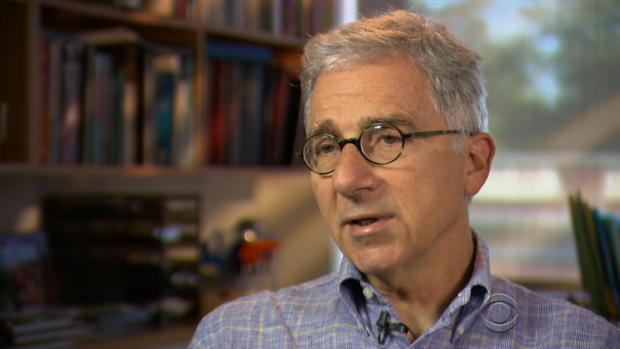Could diabetics produce their own insulin?
In what could be the biggest breakthrough in years toward a cure for type 1 diabetes, researchers at Harvard University say they have developed a way of transforming stem cells to help diabetics produce their own insulin.
Three million Americans have type 1 diabetes, which often develops in childhood. The disease causes the body's immune system to attack and destroy insulin-producing cells in the pancreas. Without insulin, a hormone that helps convert food into energy, the body cannot regulate blood sugar levels. Patients with type 1 diabetes need to give themselves daily insulin injections or wear an insulin pump to keep their blood sugar under control.
What the Harvard researchers did was take human stem cells, which have the potential to develop into different types of cells, and turned them into insulin-producing beta cells in the lab.
Those cells were then transferred into diabetic mice. The engineered cells functioned like natural, healthy ones, regulating blood sugar in the mice so that the animals no longer needed insulin injections. Six months later, the mice's blood sugar remained under control.
"The idea itself isn't so complicated," said Harvard researcher Douglas Melton, the study's co-author. "But the practice of it turned out to be difficult. It took us more than 15 years to reach the goal we recently achieved."
For Melton, the quest to cure diabetes is personal: His two children, now in their 20s, were both diagnosed with diabetes as kids.
"It's fun to think about a day when people won't be using syringes or insulin pumps anymore," Melton told CBS News. "That they'll have a natural mechanism of their bodies' own cells making the insulin they need."
The next step for researchers will be to see if the process proven to work in mice is also effective in humans.
"What's now very important to know is how they will behave inside a person," Melton said of the transformed stem cells. Human clinical trials are still several years away.
Until then, patients like 13-year-old Finn Doherty will have to continue to monitor their blood sugar levels and rely on doses of insulin to keep it in check. Doherty was diagnosed with type 1 diabetes when he was just two years old.
"Pretty much my earliest memories have been with diabetes and so I don't really know any other way," he said. "At the same time, I still try to find a way to make my life as normal as possible."
Insulin injections are not a cure, and many diabetics still suffer serious complications, including blindness and the need for limb amputations.
One reason the latest research is so promising is that insulin-producing cells are better at regulating blood sugar than an injection, so in the future, this approach could help patients avoid such devastating complications.


